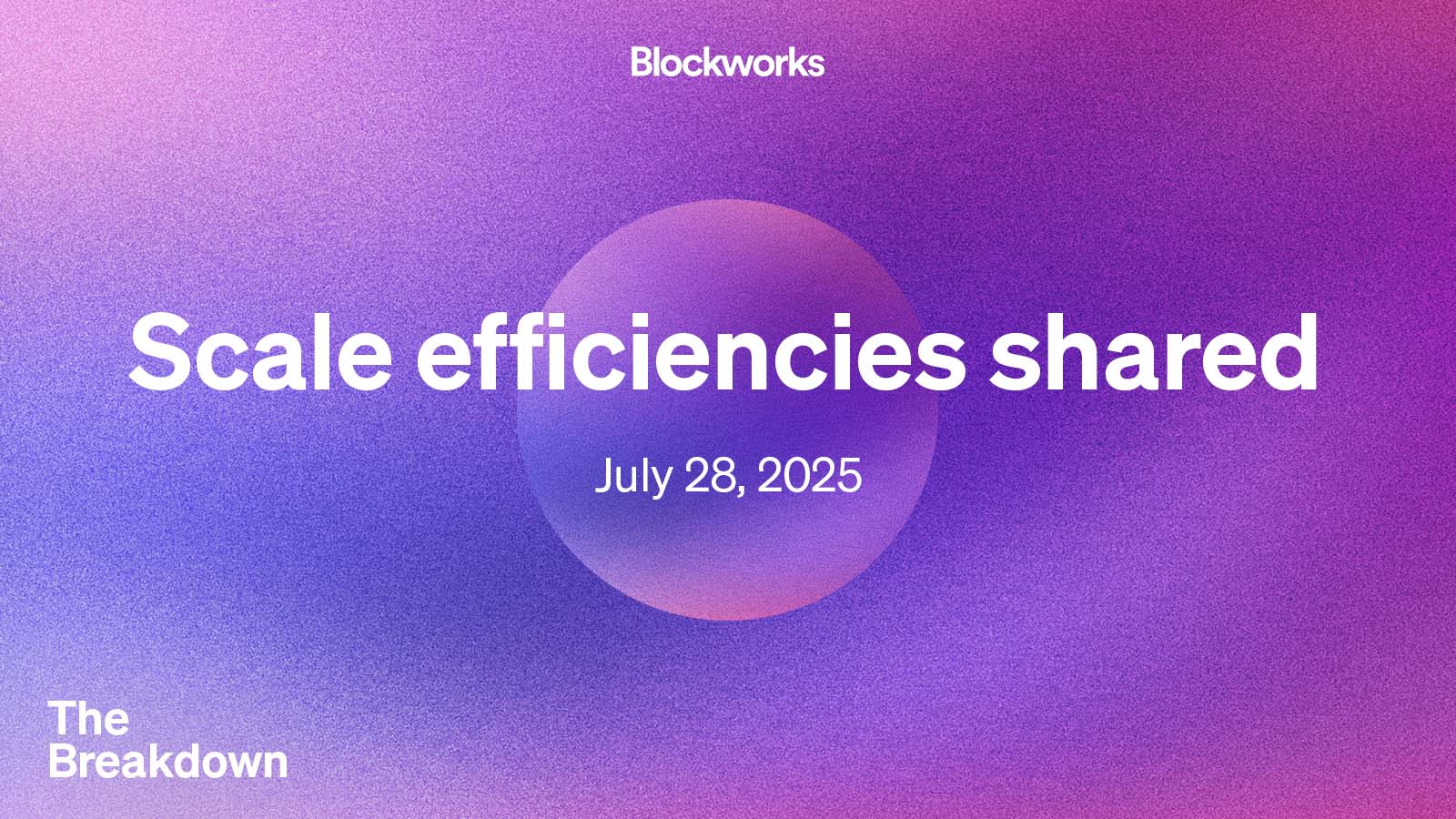3 Crypto Lessons from Costco: How Bulk Buying Mentality Can Make You a Smarter Blockchain Investor

Forget Wall Street—the real investment wisdom might be hiding in your local Costco aisle. Here's how crypto traders can steal a page from the wholesale giant's playbook.
Lesson 1: Stack Sats Like Toilet Paper
Costco shoppers know buying in bulk beats retail. Same goes for Bitcoin—DCA into dips and watch compound interest do the heavy lifting.
Lesson 2: Membership Has Its Privileges
Just like executive members get 2% back, staking rewards turn idle crypto into passive income machines. (Though unlike Costco, crypto doesn't offer free samples.)
Lesson 3: Ignore the Hype, Focus on Value
While retail traders chase memecoins, smart money builds positions in blue-chip cryptos—the Kirkland Signature of blockchain assets.
Of course, unlike Costco's generous return policy, crypto exchanges won't take back your bad trades. Some lessons you learn the hard way.
If you raise the effing MEV…
It’s not particularly expensive to create blockspace, so there’s no obvious reason why blockchains should have pricing power.
Kyle Samani, for example, thinks blockchain fees will ultimately be close enough to zero that maximal extractable value (MEV) will become the sole reason layer-1 blockchain tokens have value.
MEV is the profit earned by validators who have the right to order the transactions in any given block, and on Solana, virtually all MEV is captured with software that’s created by Jito Labs.
Validators run Jito’s software to optimize MEV extraction and to share those profits with the SOL holders who’ve staked their tokens with them.
Now, however, a new Jito processing system — the Block Assembly Marketplace (or BAM) — will shift some MEV capture from the solana blockchain to the applications running on top of it.
To me, this sounds a lot like Costco choosing to forgo profits in order to pass efficiency gains through to customers.
“BAM could lead to a reduction in topline revenue for the Jito DAO and SOL token holders,” Carlos Gonzalez Campo wrote in a recent report for Blockworks Research.
Even in an asset class that doesn’t worry much about revenue, this should probably give token holders pause: “The shift to app-specific sequencing,” the report continues, “raises questions about the economics of the network.”
But Campo believes this is ultimately for the best: “By enabling apps to internalize transaction sequencing, Jito is acting as a good steward for the [Solana] network, despite forgoing meaningful incremental revenue in the short- to medium-term.”
He still expects Solana’s revenue to rise over the next year because “the increase in aggregate demand” should offset lower fees per transaction.
But this appears to be a defensive measure: “A significant motivator behind BAM is that Solana is losing the perps race to Hyperliquid.”
Sinegal might not be impressed. Adopting the Costco model would mean relentlessly pursuing efficiencies and then passing the savings through to customers as a matter of course, not just in response to a new competitive threat.
Sam Walton preached “everyday low prices,” regardless of what the competition was doing.
But if lowering fees at the expense of short-term profits becomes part of Solana’s culture, it could work out well for token holders. An investment portfolio of just Walmart, Costco and Amazon would have outperformed just about everything over the past 30 years or so.
Their “shared efficiencies” business model is not for everyone, however, because selling hot dog combos for $1.50 is a tough business.
And what’s made Costco great isn’t just that it’s managed it — it’s that it chose to.
If Solana is also a business, is it the kind that can choose to sacrifice profitability?
Or is it the kind that has to?
We might soon find out.
- The Breakdown: Decoding crypto and the markets. Daily.
- Empire: Crypto news and analysis to start your day.
- Forward Guidance: The intersection of crypto, macro and policy.
- 0xResearch: Alpha directly in your inbox.
- Lightspeed: All things Solana.
- The Drop: Apps, games, memes and more.
- Supply Shock: Bitcoin, bitcoin, bitcoin.

